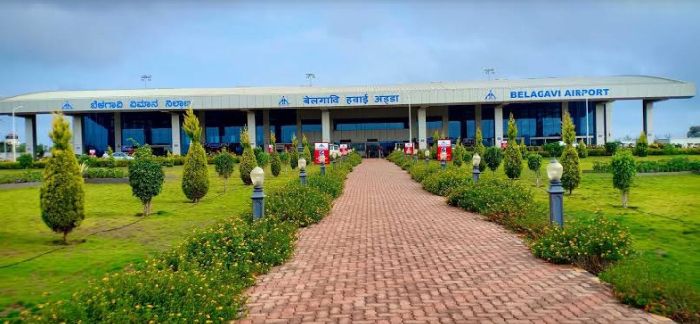Abu Dhabi: The Bearys Welfare Forum (BWF), a social organization in the UAE respected for its philanthropic and charitable works, organized an ‘Iftar’ get-together at the India Social and Cultural Centre, on Friday, 17th May, 2019, and nearly 600 NRIs from Abu Dhabi, Dubai ,Sharjah and Fujairah besides prominent personalities from all walks and fields of life participated.
Ahmed Wahabe of New Muslim Center, Asif Bhai, Althaf Ahmed, Younus, Saleem and Nayeem Baiji, Faizan Khateb of Sahebaan Abu Dhabi, Fakrudeen Bhat, Alauddin Sir of Indian School, Abdul Khader and Hanif Arimolle of KIC, Ahmed Kabeer from KCF and Oneil of Sundus company and other dignitaries attended the function.
Abdul Rauf, Vice President, BWF compered the program with thought provoking quotes and Quranic verses. The program started with the recitation of the holy Quran by Master Hazem Abdul Aziz.
An informative religious speech and dua was delivered by Saheer Hudavi Chikkamagaluru.
A presentation on BWF aim, goal and achievements was given by Jaleel Gurupur with his super announcements
After breaking of the fast and evening prayers, a short program was held and all the dignitaries were given Ramadan compliments and wishes.
President Mohammed Ali Uchil welcomed the community members and prominent guests and expressed his gratitude for accepting the invitation and for joining them for the Iftar get-together. Mohamed Ali Uchil put forward the charitable causes initiated by BWF, which were successfully conducted in Mangalore, and appealed for generous help from members to conduct these successfully. He also thanked all those who donated for various causes which helped many under-privileged people to live a dignified life in the society. He especially expressed his gratitude to the donors.
He thanked BWF-executive committee members for their hard work, dedication and effort to organize this function and bring in to its complete success and spirit. “It’s an incredible achievement for BWF, which managed to accomplish so many tasks to its utmost goal set, and God willing all of its project will be a complete success.”
Abdulla Madumoole, G Secretary, BWF, put forward the charitable causes initiated by BWF, which were successfully conducted in Mangaluru, especially the mass marriages of 105 poor girls, and appealed for generous help from members to conduct these successfully.
He thanked all those who donated for various causes which helped many under-privileged people to live a dignified life in the society. He highlighted BWF projects like distribution of wheel chairs, and empathized on the BWF pilot project – Shouchalaya, a unique project, through which BWF constructed around 200 toilets in various parts of twin districts. BWF plan to construct another 100 toilets for the poor in the society irrespective of caste and religion in the various parts of the twin districts.
He highlighted BWF projects like distribution of wheel chairs, and empathized on the BWF pilot project – Shouchalaya, a unique project to construct 100 toilets for the poor in the society irrespective of caste and religion in the various parts of the twin districts. He requested donors to support our forth coming office project in Mangalore to coordinate the BWF charity works.
Mr. Ahmed Wahabe also lauded BWF for the community service and selfless work towards the common people and under-privileged and preached about the importance of Ramadan. Hamza Abdul Khader, Vice President, BWF delivered the vote of thanks.
The programme was coordinated by Mohamed Siddik Kaup (Treasurer BWF), Basheer Bajpe, Imran Ahmed and Mohammed Kallapu along with Abdul Majeed A G Abdul Rauf, Hamza Khader and Hameeed Gurupur, Secretary. Nawaj Uchil, Haneef Ullal, Mujeeb Uchil, Majeed Athoor, Moiniddin Handel, Irfan Ahmed and Basheer Uchil took care of the floor management and managed the event with a professional touch. Siddik Uchil, Rasheed Bijai, and Rasheed V K were instrumental in the success of program.





















Comments
Masha Allah,Good deed BWF.May Allah shower his blessings on BWF leadership and members
Add new comment